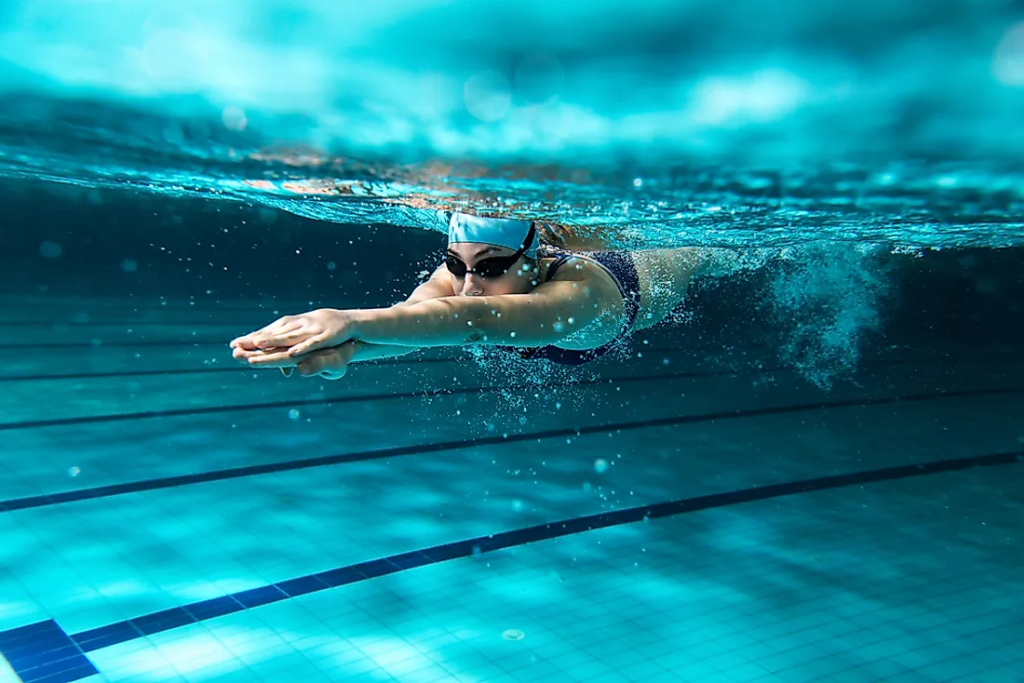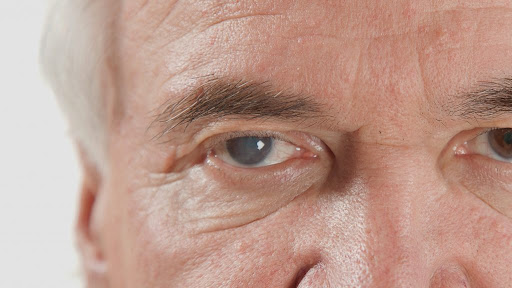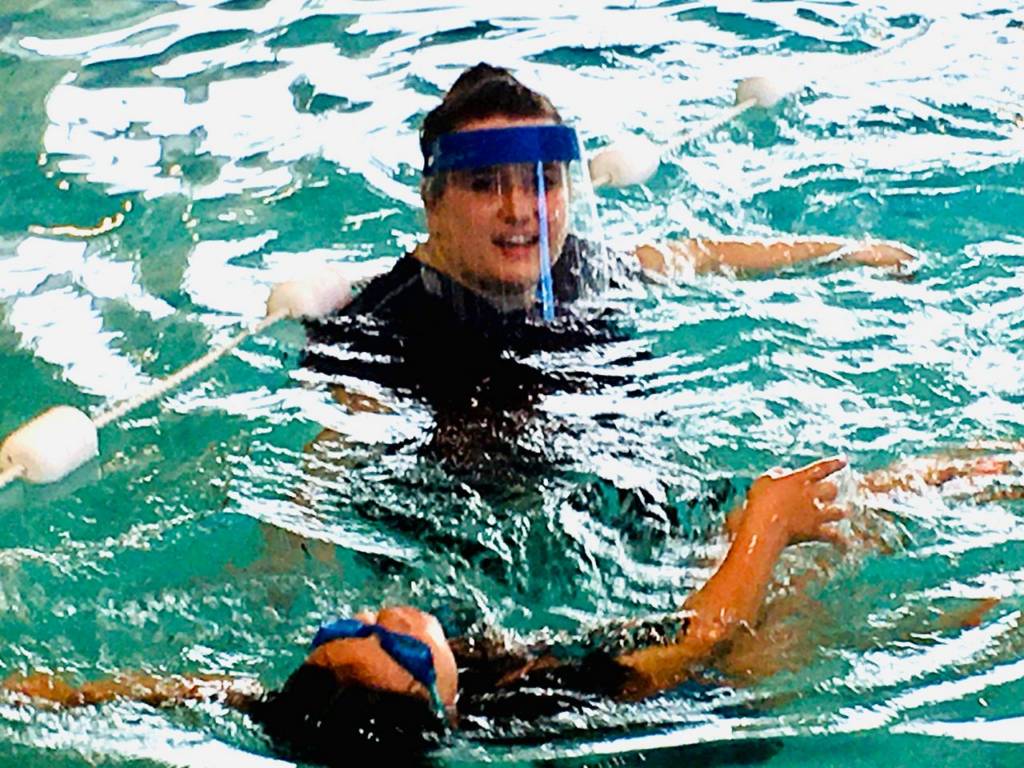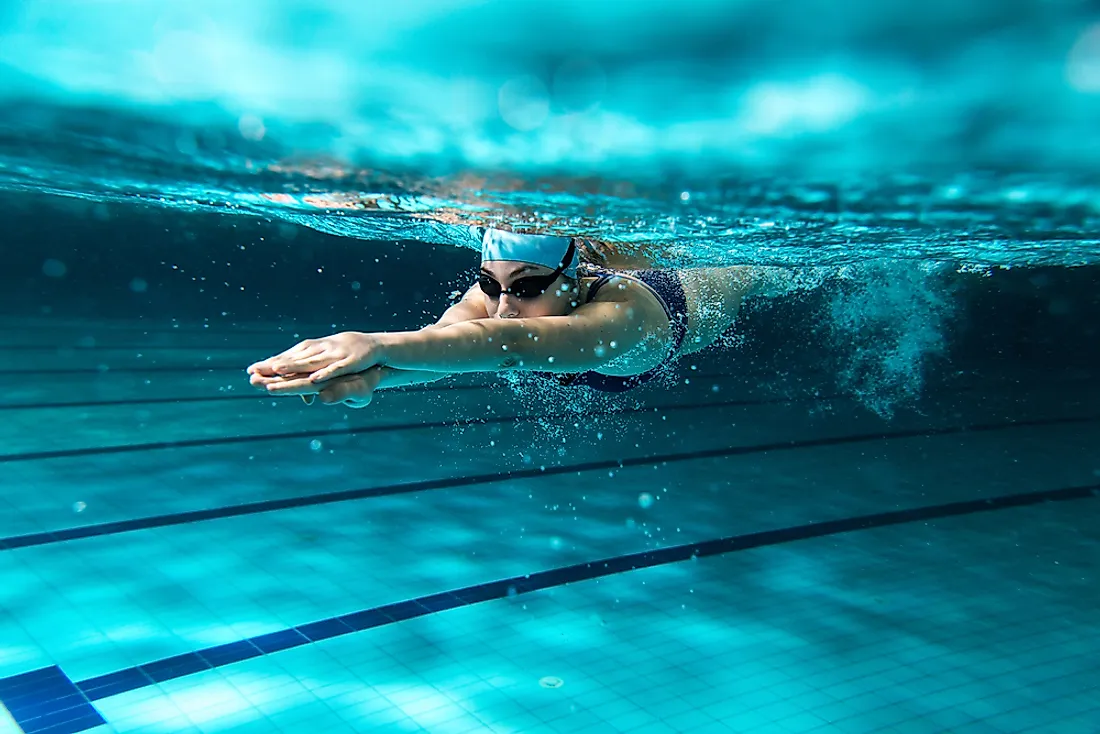If you are free, you can take a trip to any eye clinic around you and ask them a series of questions about the records of cataract surgery. Cataracts are common among swimmers too. A cataract is common among those that are doing competitive swimming. As a swimmer, do you know that you have a high chance of having a cataract? Do you know you can end up doing cataract surgery? Of course, it is possible. Countless swimmers have gone through cataract eye surgery in Sydney. Not even in Sydney alone. Research shows that swimmers who will not pass through a theatre room to do cataract surgery must have prevented their eyes from contracting cataracts.
Water can enter your eyes, and you will start seeing some symptoms. Some swimmers’ situation got worse because they noticed their eye was red, and they thought of using eye drops, which worsened the whole situation.

Will you stop swimming because of cataracts? No! That’s not what I am saying. This article aims at helping swimmers to know the proper steps to take to prevent them from doing cataract surgery. Not only that, but this write-up also aims at giving full details on some of the symptoms of cataracts that might show off after swimming.
But before we move further, I think it would be nice to start with the meaning of cataract itself and the meaning of cataract surgery.
What is a cataract?

A cataract is a heavy, cloudy area that forms in the lens area of the eye. A cataract usually starts when proteins in the eye form clumps that prevent the lens from sending clear images to the retina. And if clear images are not being sent to the retina, there’s a problem. Remember, the retina works by converting light through the lens into signals. Therefore, when the lens cannot send images to the retina, the problem develops gradually, eventually interfering with one’s vision. And if care is not taken, man can end up with this ailment in both eyes. Please note that this eye problem doesn’t usually form simultaneously. It will start with one eye; it will gradually move to the other eye if it is not treated on time. If you have this ailment, there’s nothing to worry about. Research has shown that many people are battling cataracts in the world. If you’ve been diagnosed with a cataract, you will need to go for cataract surgery, and your site will be fully restored.
Now, what is cataract surgery? Cataract surgery is the act of removing the lens of your eye and replacing it with an artificial lens. Even though replacing an artificial lens does not occur in all cases. Initially, the lens in one’s eye is clear. But when one gets a cataract, the lens becomes cloudy, eventually affecting one’s vision. Therefore, cataract surgery needs to be carried out to restore the person’s sight to a normal state.
Dear swimmer, I hope you see something profound that you might not know. Let’s move further to see the symptoms that swimmers can see.
What are the symptoms that swimmers can see?
Swimmers can see some of the symptoms below;
- Blurry vision: When you are done swimming, you may notice that things begin to look cloudy or dim. Although, this may not occur that same day. It may occur after two to three weeks. I had the opportunity to speak with some swimmers, and they came out clear to me that they used to feel like their vision was blurred. But they said it would come back to normal after some days. Mind you, I did not tell them they have cataracts. That’s the job of medical personnel. I am just saying this to show you that it is common among swimmers to see this symptom.

- Trouble seeing at night: The signs you might be seeing may be challenging to see at night. Some activities that you used to before may now become impossible. For instance, you may find it so hard to drive at night.

- Seeing colours as faded: One may begin to see colours as faded. Dear swimmer, once you notice that the actual colour of an object is like another colour in your sight, then you need to rise and attend to it.
How swimmers can prevent cataracts

- Go for checkups regularly: I should start by advising the competitive swimmers that they need to do regular checkups. You need to take some time off and visit your eye doctor. Tell him to examine you. The essence of doing this is to know the status of your eye’s health. The specialist will tell you the condition of your eyes, and if there are any complications, you will need to attend to them.
- Use a face shield while swimming: I know it’s one of the swimming etiquette to put on a face shield before swimming. But there is some face shield that water can still penetrate. For competitive swimmers, I will advise you to ensure you use the correct face shield to protect your eyes from water.
- Take more fruits and vegetables: Taking fruits can also reduce getting cataracts. Go to the market and get fruits like apples, pineapples, oranges etc. Not only that, please ensure that you eat vegetables.


Closing thought
Therefore, swimmers must take note of the above-listed symptoms and tips on how to prevent cataracts. The saying that “prevention is better than cure” is significant. I will advise those that want to start swimming to take note of this vital information. For those seeing some of the symptoms listed above, I will advise them to see their doctor for a proper checkup. Remember, medical personnel must tell you what is happening with your eye. Finally, please don’t assume all is well with your eyes. And don’t engage in self-medication. If you have any questions, please don’t hesitate to drop them in the comment box. You can read about Reasons why one must not delay cataract surgery by visiting http://articleeveryday.com/reasons-why-one-must-not-delay-cataract-surgery/

